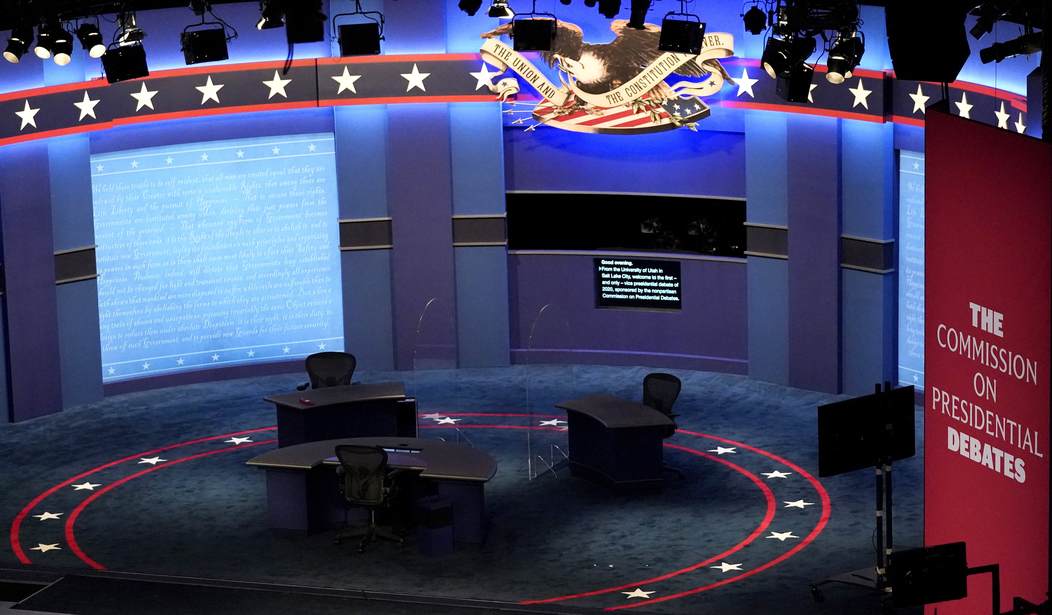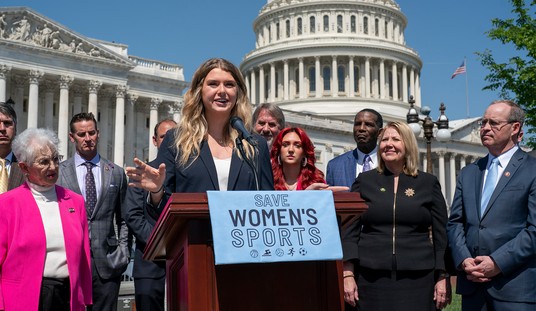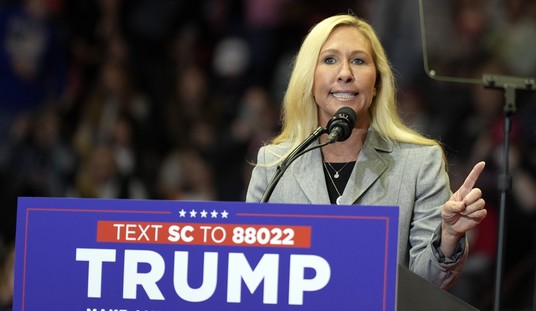In one of my classes on Monday, I was surprised when the professor began explaining that we would be holding a policy debate in a couple of months, but we had to pick our topics that day.
As the debate is going to be done in pairs, people began to partner off and the professor began sounding off topics that the teams could debate with another pair. However, the topic selection and whether or not people wanted to argue “pro” or “con” is where things turned bizarre.
Students were very quick to shout that they wanted to argue against the overturning of Roe or express their support of universal background checks, the professor grew irritated as she had to persuade students to at least pretend to take an opposing side. She had some success, but my classmates were reluctant to take any stance they deemed unpopular, perhaps because they were worried about their peers finding them to be bad people.
This mentality of groupthink is not foreign to me. I went to an extremely progressive high school in California, and my college courses have offered a negligible difference in the mindset of students. But the fact that the professor pointed out that people did not want to even fake taking an alternative stance reveals a concerning fact: People struggle to debate and consider an opposing stance in depth while still maintaining their convictions.
Researching an opposing stance and learning to understand the nuances of an issue does not magically change someone’s values, at least right away, and it certainly does not make someone a bad person. And in an academic setting, exploring a variety of ideas should not lead to any hesitancy. Googling the downsides of gun control is not going to instantly turn somebody into a conservative, nor is researching student loan debt going to magically turn someone into a progressive.
Debating from a side a student disagrees with forces them to challenge their originally held beliefs. As a result, one may either change their mind or learn to hold their current views stronger. Knowing what the opposing ideology believes makes a person better equipped to understand an issue’s real-world applications outside of a classroom.
Unfortunately, technology plays a role in the decline of authentic debate and conversations as well. Generation Zers like myself are accustomed to quick reactions as opposed to the slow and deliberate consideration of information. A variety of stances are either poorly represented on social media or not represented whatsoever, and when that’s mixed with the peer pressure of being a young adult on a college campus, it’s a brutal cocktail of close-mindedness.
While nobody should expect young adults to be the most courageous leaders of political thought, clearly something has gone wrong down the line where people are terrified to take a seemingly unpopular stance, even if they’re faking it. Debate is impossible without courage, and furthering the conversation is impossible if not all rational perspectives on an issue are respected. Echo chambers thrive when people are afraid, and they can only be busted by encouraging serious academic thought.













